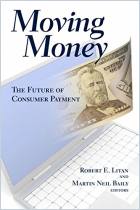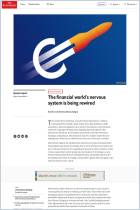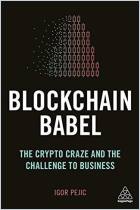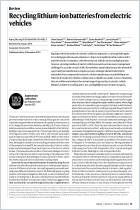
Read or listen offline
Recommendation
In this history of payment cards, David S. Evans and Richard Schmalensee provide an amazingly lucid account of a couple of unusual business models: the "two-sided platform," which in the use of payment cards means walking a tightrope between the interests of merchants and consumers; and the "co-opetitive," in which the bank members of MasterCard and Visa cooperate in developing industry practices while competing for business. The authors, who are both former Visa consultants, sound like your favorite college professors - up to date and extremely sophisticated, yet friendly and anecdotal (at one point, they describe a Shell gas station near MIT to make a point about competition among cards). They typically begin chapters with easily understood notions from which they methodically build complex structures of ideas and information. Another virtue of the book is its concreteness - although that occasionally devolves into repetitiveness - starting with an explanation involving electronic signals and following the paper path of what happens when you hand your credit, debit or charge card to a cashier. The authors even consider the design and manufacture of the cards themselves. getAbstract.com recommends this book as essential reading for those in the banking or payment card industries; and it’s not a bad idea for card users to read it - which these days means you...and just about everyone else.
Take-Aways
About the Authors
David. S. Evans is a consultant with LECG Europe. An expert on the economics of high-technology and platform-based businesses, he is the author of four books and more than 70 journal articles as well as many newspaper opinion pieces. Richard Schmalensee is professor of economics and management at the Massachusetts Institute of Technology and dean of the MIT Sloan School of Management. He was a member of the President’s Council of Economic Advisers from 1989 through 1991. Visa has employed Evans and Schmalensee as consultants on antitrust lawsuits since 1991.

















Comment on this summary or Comenzar discusión